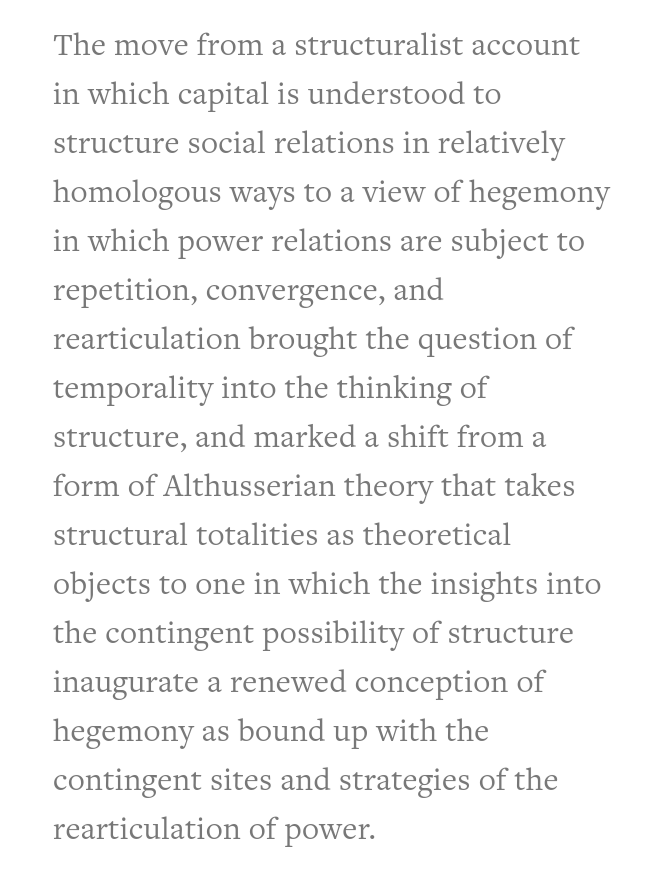Big data themes: asymmetries of (locational) privacy, theorizing material effects of data, surveillance & methodological challenges #AAG2014
@MattMattFinn calls not to (re-)ontologise big data as 'a thing' which has a singular logic, form or set of known (predeternned) effects
• • •
Missing some Tweet in this thread? You can try to
force a refresh












